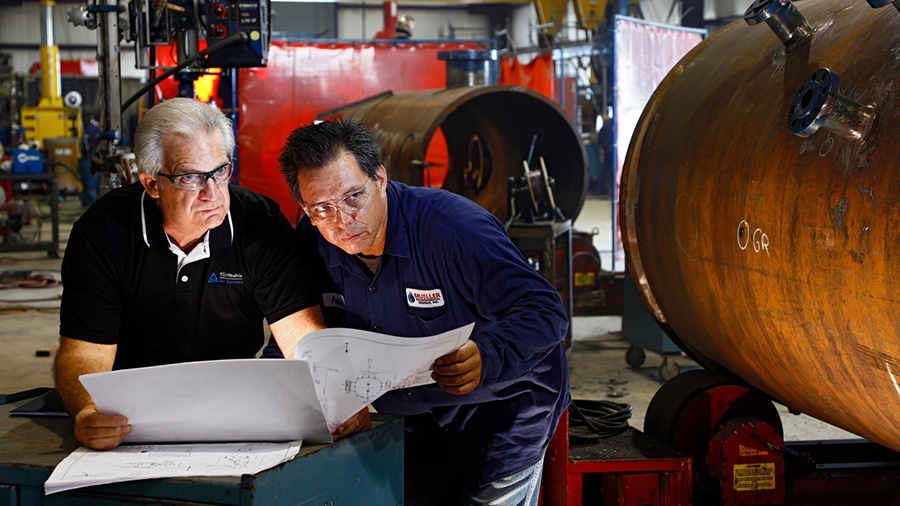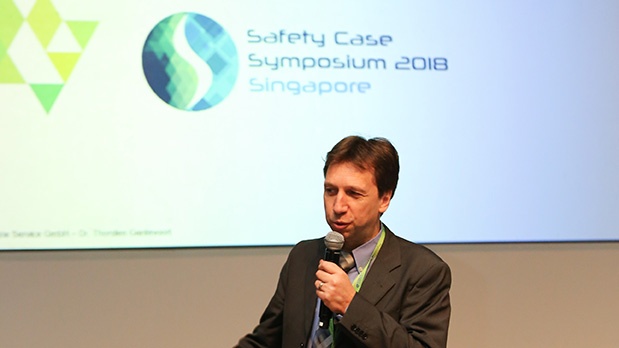Implementation of Safety Case requires in process plants requires in-depth knowledge of related Functional Safety standards, personnel training and organizational management structures, among others. Usually, an independent technical organization is engaged by the plant owners to support, assess or inspect the project.

What does Third Party mean in context of Functional Safety?
Independent organizations or persons are required by the functional safety standards to perform assessment activities during specific phases of the Safety Instrumented System (SIS) safety lifecycle, such as Functional Safety Assessments (FSA) or Validations. According to the functional safety requirements stated in IEC 61511:2016 (IEC 61508:2010) specific independence levels, depending on the Safety Integrity Level (SIL), are required to achieve the correctness and confidence of the assessments. Independence shall guarantee a neutral involvement and judgement as well as an absence of commercial and technical bias.
In addition a third party that is used to demonstrate compliance shall have a functional safety management system, covering competency management, periodic audits etc.
Therefore a Third Party in the Sense of Functional Safety is not only an independent organization,
It is (shall be)
- an independent, credible organization
- an organization being transparent and full of integrity
- an organization with (managed) competencies
- an organization with a Functional Safety Management and
- part of the life cycle/FSM of the “first party”
Functional Safety Certification
TÜV Rheinland, as an independent accredited third-party certification and inspection body, is able to perform conformity assessments, while not being affiliated with the producers and end-users.
After the conclusion is made that specified requirements in the conformity assessments are fulfilled, a form of attestation or certification can be issued by TÜV Rheinland to the client to indicate and confirm that the functional safety requirements have been met.
Functional Safety Trainings for Personnel Competency
Due to the high risks and hazards of typical operations in the process industry, the standard requires that ‘persons, departments, or organizations involved in the assessments are accountable and shall be competent to carry out the activities’. Thus end users, operators and companies involved in any phase of the safety life-cycle need to assure that their involved personnel is trained accordingly and have the required competencies for what they are responsible for.
Knowledge transfer and exchange is required and companies need to assure that their engineers update their knowledge according to the state-of-the-art. Thus there is a high demand for trainings. Running an in-house training program can be costly and time consuming for many organizations. Additionally there is a lack of experts who have the overall knowledge to hold specific trainings.
In 2004 TÜV Rheinland has institutionalized the TÜV Rheinland Functional Safety Training Program. Together with their network of experts trainings referring to different topics for different target groups are held, which end with an examination to objectively assess, if the trained person has achieved the required level of knowledge in order to manage Functional Safety requirements.
Functional Safety Certification for Products
It is not mandatory that products and components are certified according to the Functional Safety standards, but there definitely are many advantages to it:
- Certification demonstrates conformity of a product or component according to technical requirements defined in related standards e.g. IEC 61508, IEC 61511 and others. Thus safety and/or quality requirements of products are fulfilled, which facilitates the selection process for the equipment required for safe operation of the plant.
- In the long run, products with better quality or safety features have fewer production errors, downtime, or accidents.
- For product manufacturers, certifications help to get faster market access and better market acceptance as products fit to individual country regulations.
TÜV Rheinland, as an independent accredited third-party certification body, is able to perform such product assessments and certifications, while not being affiliated with the product manufacturers. Accreditation proofs independence and competence.

This is an excerpt of a presentation by Dr. Thorsten Gantevoort, Head of Certification Body in TÜV Rheinland.
To learn more about how a Third Party can demonstrate compliance for Functional Safety, please contact our experts by clicking on:



